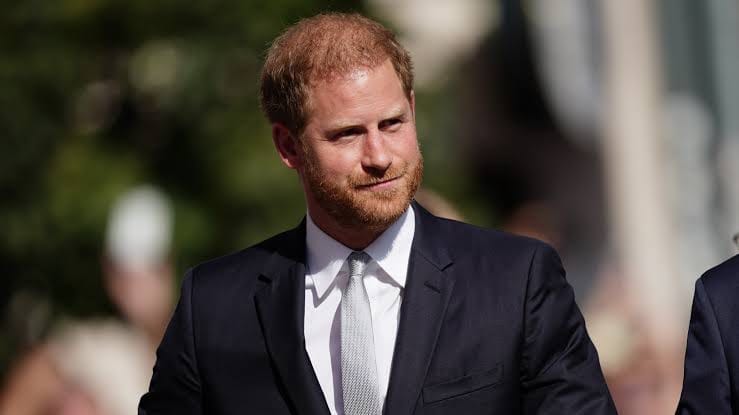Prince Harry has lost a long-running legal battle challenging the United Kingdom’s government’s decision to downgrade the level of taxpayer-funded security he receives when visiting the country, a move that allows authorities to proceed with a more limited, “bespoke” arrangement for the Duke and his family.
The Court of Appeal upheld an earlier High Court ruling that found the decision by the Executive Committee for the Protection of Royalty and Public Figures (Ravec) which stripped Harry of automatic police protection following his 2020 departure from royal duties was lawful.
Harry’s legal team had argued that the decision left the Duke, his wife Meghan, and their two children vulnerable and “singled out” for “inferior treatment.”
They contended that his life was “at stake” and that the court had “erred in law” by allowing the change to stand.
The case centred on a February 2020 Ravec decision that determined Metropolitan Police protection was no longer “appropriate” following the Sussexes’ move abroad.
Instead, Harry would be offered a tailored security arrangement requiring him to give 30 days’ notice of any planned travel to the UK, with each visit assessed individually for risk.
The court heard that Harry, who began legal proceedings in September 2021, had offered to personally fund the security measures, but Ravec rejected the proposal.
The committee expressed concern that allowing private funding for police protection would be wrong “in principle” and could compromise the integrity and availability of a limited pool of specially trained officers.
The Duke’s legal representatives argued this refusal, and the overall decision-making process, violated official policy and unfairly disadvantaged Harry in comparison to other members of the royal family.
Despite this, a High Court judge in February 2024 dismissed the claim, finding that Ravec acted within its powers and did not breach policy.
Harry was granted permission to appeal on limited legal grounds, focusing on whether Ravec had deviated from its own guidelines, a challenge now firmly rejected by the Court of Appeal.
During the appeal hearing, held in April, Harry’s barristers reiterated that the downgraded protection put his family at risk.
“The claimant’s consistent position has been that he should be given state security in light of the threats he faces and his status,” they said.
While the legal dispute continued, Harry has made several high-profile trips to the UK, including for the funeral of Queen Elizabeth II and the coronation of King Charles III. Each visit triggered a fresh Ravec review, with protection granted or denied on a case-by-case basis, often supplemented by privately funded security.
This ruling closes one chapter in Harry’s legal tussles with the UK establishment, though others remain ongoing.
The Duke was also engaged in a separate High Court case against the publisher of the Daily Mail, alongside other celebrities, accusing the outlet of unlawfully gathering private information. A two-day hearing for that case is scheduled for next week.
The Sussexes stepped down as senior working royals in early 2020 and relocated to the United States, citing intense media scrutiny and a desire for greater autonomy.
Since then, Prince Harry has launched several legal challenges, many involving privacy and security as he redefined his role outside the traditional royal framework.











